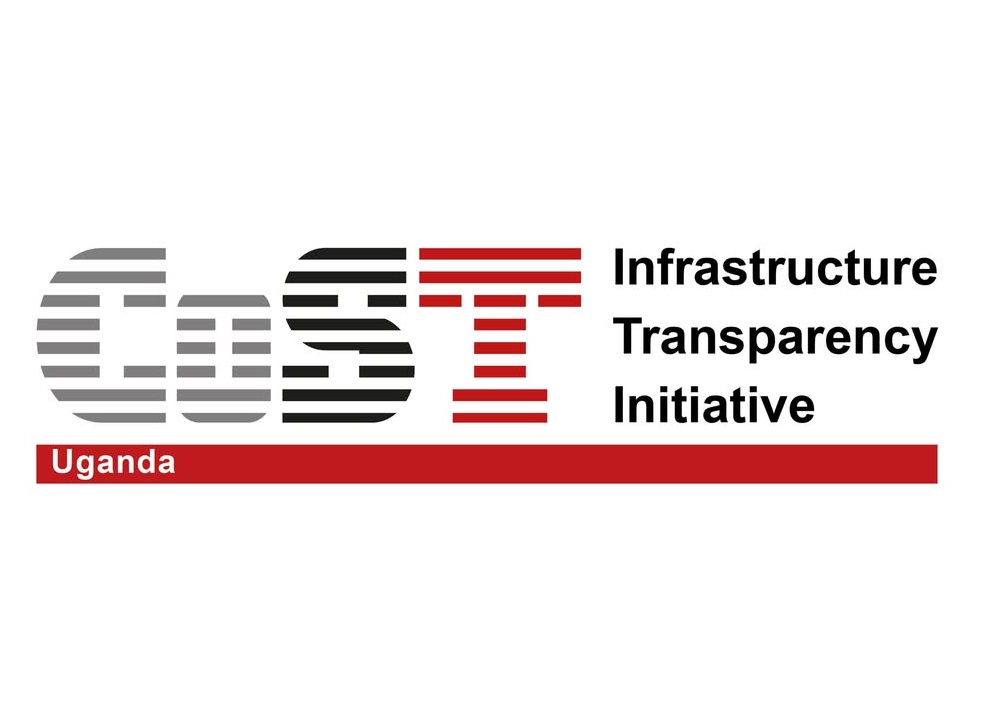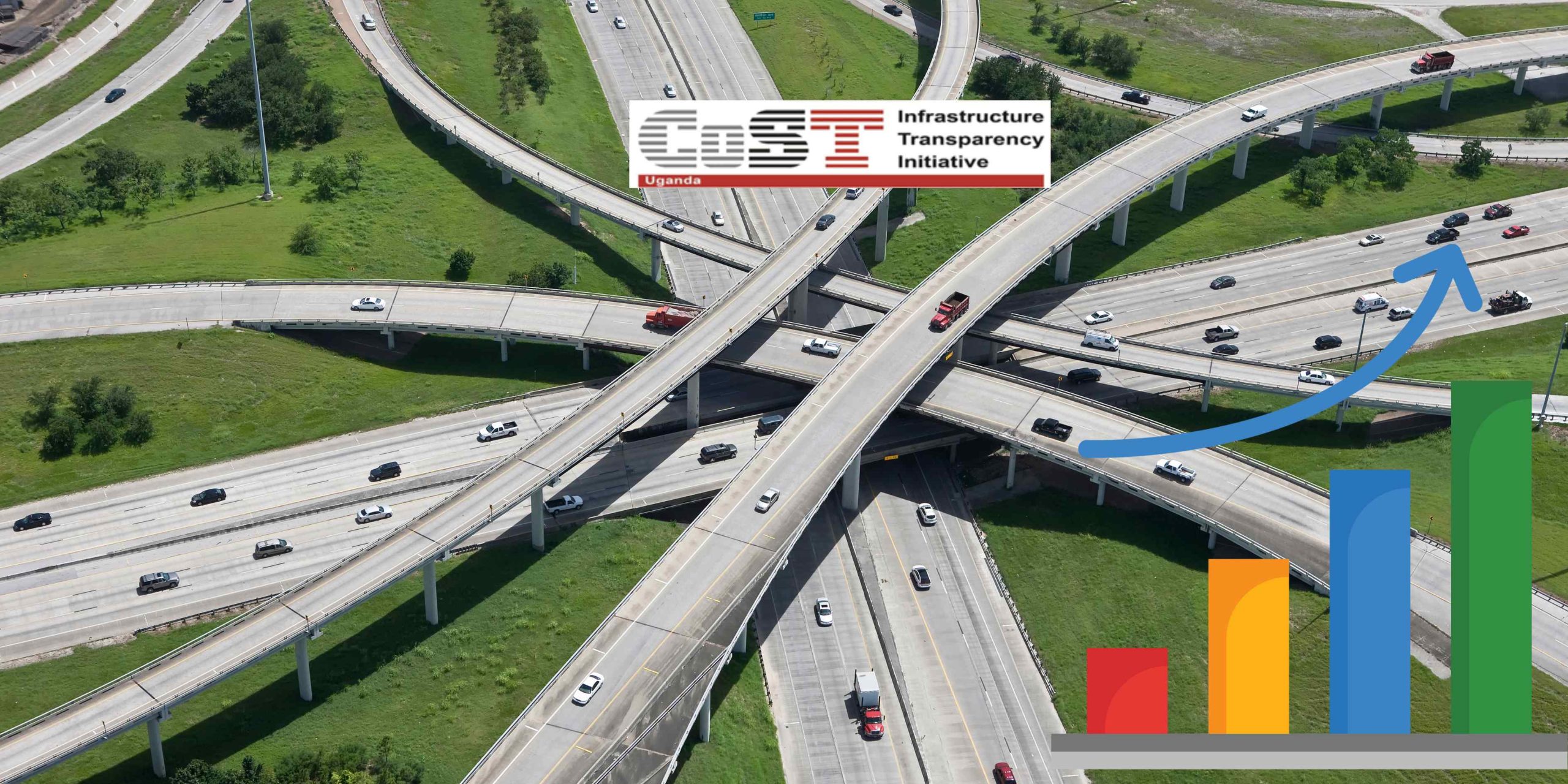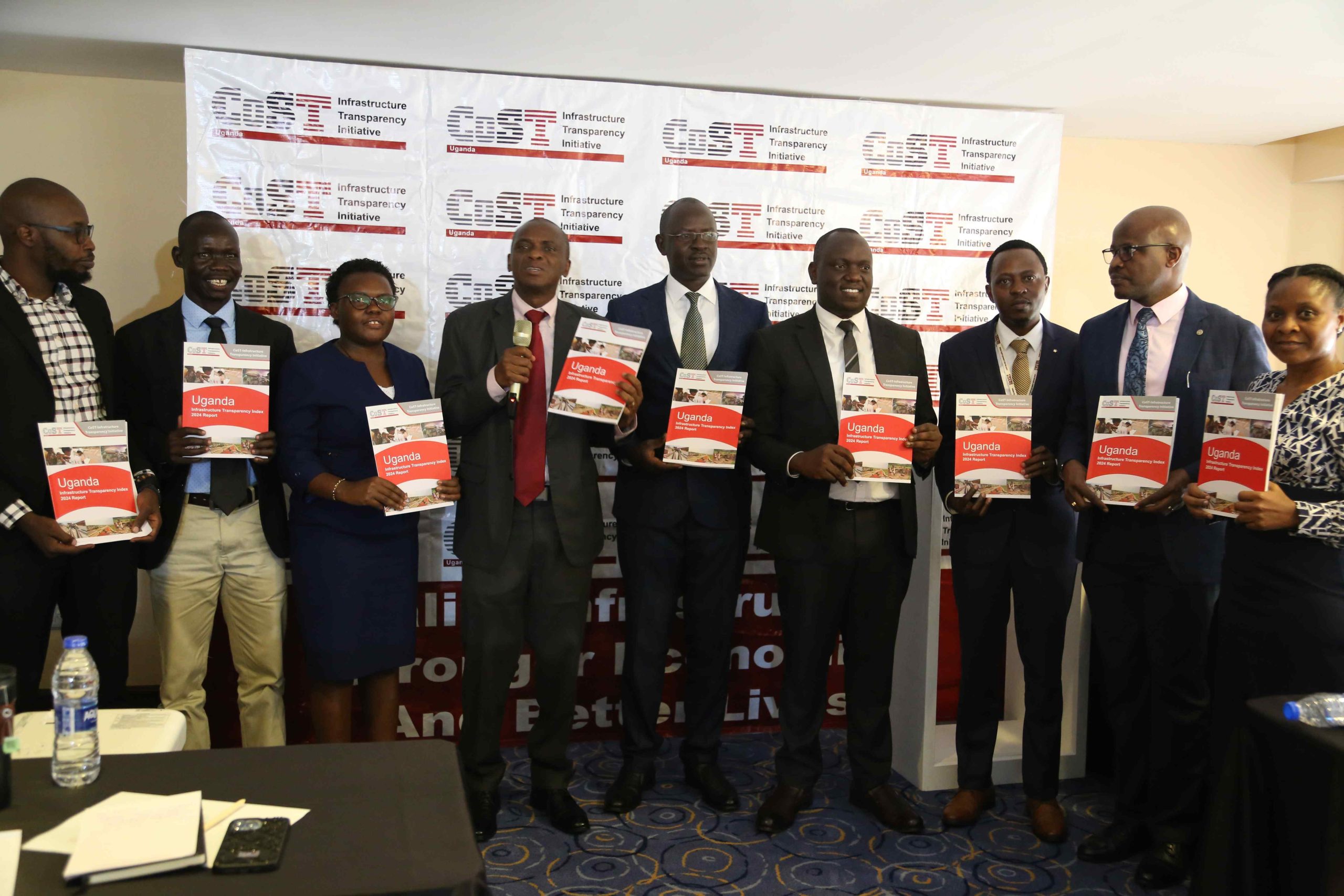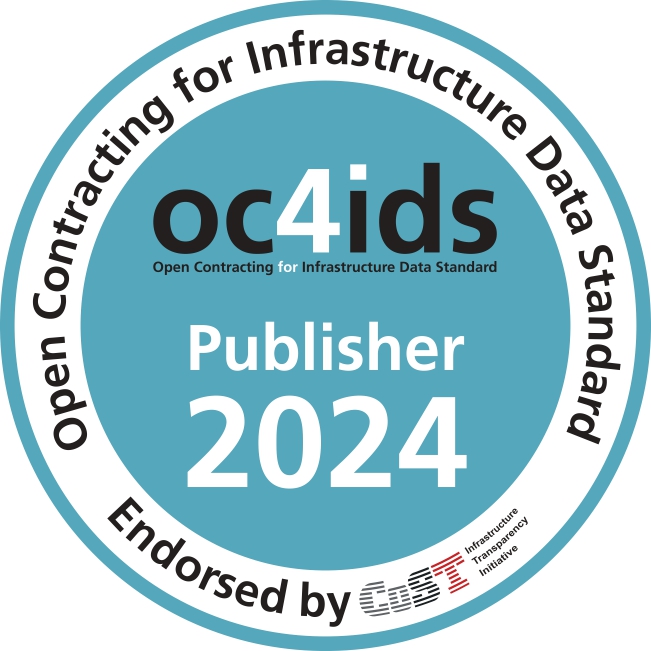
Report Recommendations
On 17th July 2025, CoST Uganda launched our 6th Independent Review Report conducted under Ministry of local government -a study on road infrastructure projects. The study assessed Uganda’s disclosure practice performances for roads infrastructure data on different procurement documentations both proactively and reactively. Different platform including donor websites, Government procurement portal (GPP), eGP, ministry websites and physical documents were assessed comprehensively against the CoSTIDS and Open contracting for infrastructure data standards (OC4IDS) data points/indicators. The findings highlighted both progress and persistent gaps, with actionable recommendations to strengthen sustainability, biodiversity protection, climate finance safeguards among others. The overall disclosure at Ministry of Local Government was at 59% arising from Proactive disclosure at 58% and reactive disclosure at 60%.
This article calls on government to take up these recommendations and translate them into policy and practice. With emphasis to Ministry of Local Government, PPDA, Ministry of Works and Transport, Office of the Prime Minister and all local governments that participated in the independent review/assurance process including Gomba, Nwoya, Kitgum, Ntoroko, and Kabarole
district local government.
Summary of Independent Review Findings
1. Weak disclosure and transparency systems
2. Persistent cost overruns especially LEGS projects
3. Limited involvement of local communities in planning and implementation of road works 4. Weak asset management and no road maintenance plans
5. Insufficient institutional and technical capacity
6. Weaknesses in post-construction handover processes
7. Delayed programme implementation
8. Heavy reliance on loan funding. Overall loan funding at 61.5%, (25.3%Grants and 11.5% GOU funding other for beneficiary fund)
9. Weak contractual enforcement mechanisms. lacked comprehensive binding provisions on quality assurance ESHS and tender management issues.
Recommendations to Government
1. Improve internal information management systems/Disclosure all infrastructure data government’s digital disclosure platforms eg. GPP to enhance transparency and accountability.
2. Institutionalize knowledge transfer and handover protocols, establish end-of-project workshops where technical staff are briefed on project outcomes, challenges, and recommendations.
3. Strengthen contract management framework by institutionalizing mandator/ technical reviews of contract designs and Bills of Quantities (BoQ) prior to tendering 4. Strengthen asset management units for inventory, maintenance schedules, and asset condition monitoring to ensure efficient /effective management.
5. Establish a dedicated Infrastructure Asset Management Unit for supervision,
6. Incorporate road infrastructure maintenance planning and asset performance tracking 7. Launch national capacity-building programmes for Local Government engineers on construction contract administration, environmental- social safeguards, quality management systems, and infrastructure asset management.
8. Urgently revise standard contract templates for infrastructure projects to include comprehensive binding provisions for Quality Assurance, Environmental & Social Safeguards and Health & Safety management to clearly define contractor obligations, reporting requirements and compliance measures.
9. Strengthen pre-tender engagements with bidder conferences to attract more private sector in procurement for road infrastructure.
10. Advocate for increased budget allocation to local government infrastructure development. absence of structured monitoring frameworks for Quality Assurance, E&S and Health & Safety
11. Involve communities in planning process for infrastructure projects through baraza meetings



